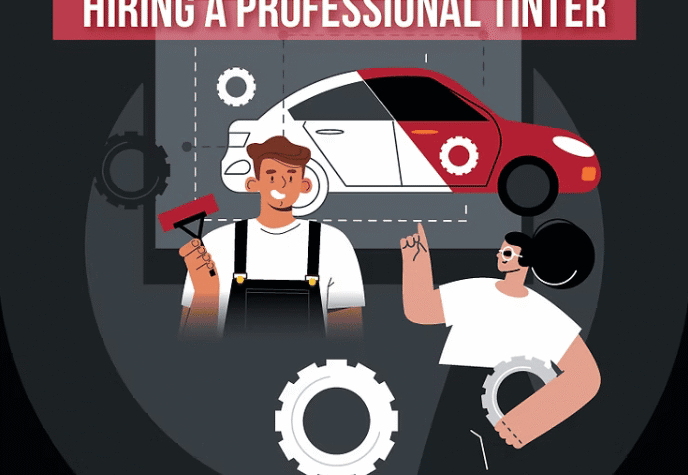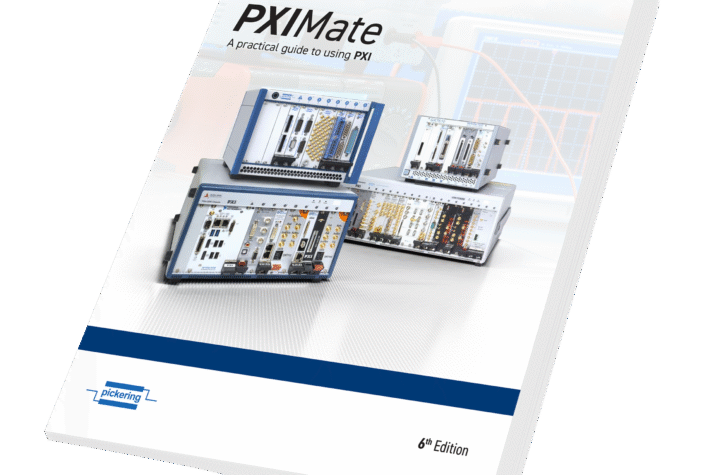
IHS Automotive analyst Ian Fletcher’s note on reports that France’s PSA Peugeot-Citroen and GM are in alliance talks follows
Significance
Reports have emerged that suggest that France’s PSA Peugeot-Citroën and US-based General Motors (GM) are in discussions over a possible alliance.
Implications
The talks are likely to centre on the fact that both automakers are looking to reduce the costs associated with their European operations.
Outlook
While an alliance may go some way towards reducing the investment required by each company in its core products, they will still need to look at ways of making their production bases more efficient, something which each are likely to have to deal with alone.
IHS Global Insight Perspective
Significance Reports have emerged that suggest that France’s PSA Peugeot-Citroën and US-based General Motors (GM) are in discussions over a possible alliance.
Implications The talks are likely to centre on the fact that both automakers are looking to reduce the costs associated with their European operations.
Outlook While an alliance may go some way towards reducing the investment required by each company in its core products, they will still need to look at ways of making their production bases more efficient, something which each are likely to have to deal with alone.
PSA Peugeot-Citroën and General Motors (GM) are said to be in discussions over a possible alliance. Reports appearing in the media over the past couple of days have said that from GM’s perspective that they are focusing on a relationship between the French automaker and its General Motors Europe (GME) unit comprising its Opel and Vauxhall brands. Sources have told the Financial Times that under the proposed deal, the pair would jointly develop engines, transmission systems and entire vehicles which would then be sold under their respective brands. However, the people added that the talks, which have been taking place over the past several months, would not see a merger between the pair nor result in the exchange of stock. Although the companies have not signed any agreement, the sources said that talks are continuing and are focusing on a possible announcement as early as March at the Geneva Motor Show (Switzerland).
Unsurprisingly, both automakers have refused to comment directly on the speculation. PSA has issued a statement in which it confirmed “that discussions are taking place for potential cooperations and alliances”. It added, “In the context of its globalisation strategy and improving its operational performance, PSA Peugeot-Citroën looks at potential cooperations and alliances”. However, it added, “there can be no certainty at this stage that these discussions will result in any agreement”. A spokesperson for GM has also told Reuters: “We routinely talk to others in the industry but have no comment beyond that.”
Outlook and Implications
Both PSA and GM clearly need to cut the costs relating to their European operations in this highly competitive market place. PSA announced its financial results last week, which showed that its Automotive operations were the biggest drag on its results. It is now looking at reducing the debt that it has amassed over the past year through asset sales of parts of group businesses and disposing of property. It will also seek to reduce its outgoings by undertaking a cost-cutting programme in the region which could now be as great as EUR1 billion (USD1.3 billion). The financial results of GM have shown similar issues facing GM’s European business. Despite undergoing cost-cutting measures during 2010, the extent and depth of the downturn in the region has caught out GME, which had hoped that these efforts were enough to gain traction and share in a rebounding market that never materialised. The extent of this failure has been played out in GM’s recent financial results which showed that GME had seen a further USD600-million loss in its earnings before interest and taxes (EBIT) in the fourth quarter of 2011, matching that a year earlier, and causing the majority of the USD700-million loss for the year (. This has resulted in GM’s chief executive officer (CEO) Dan Ackerson looking to a further slashing of cost, adding that this is not purely a “one-dimensional issue of overcapacity”, but that everything is being looked at to achieve “a lower break-even point and scale” with a plan set to be unveiled during the next couple of months.
Certainly then, synergies between the pair in engineering functions for core components are likely to prove to be beneficial. Both are already involved with partners relating to OEM supply deals—GME with Fiat and Renault relating to light commercial vehicles (LCVs), and PSA with Mitsubishi on sport utility vehicles (SUVs) and electric vehicles (EVs), Fiat on LCVs and Toyota on A-segment vehicles. PSA also has significant component development relationships with a range of automakers including BMW and Ford, while GM’s Corsa shares its underpinnings with the Fiat Punto. The combining of efforts on engines, transmissions and architectures with a single partner could give even greater benefits. Other factors in cutting costs will also need to be addressed though. This will include the cost-effectiveness of their respective manufacturing bases. However, it is unlikely that any sort of rationalisation will come directly out of this relationship due to political and union factors and as a result will be something far more suitably addressed alone.












More Stories
What You Need to Know About Tire Pressure in Winter vs Summer
Essential Features to Look for in ADAS Calibration Systems
Your Guide to Filing a Car Accident Claim